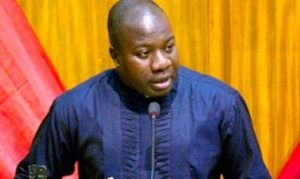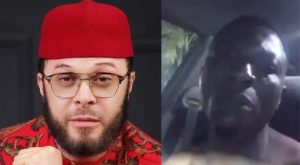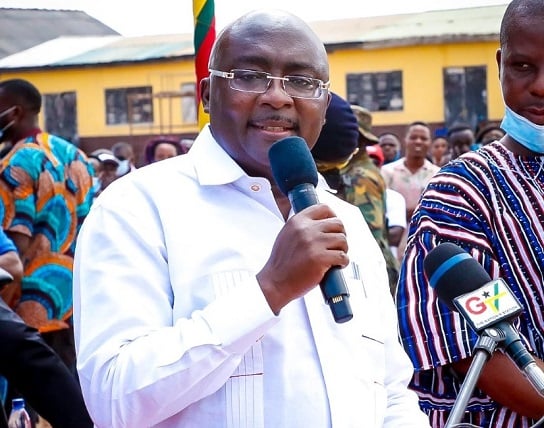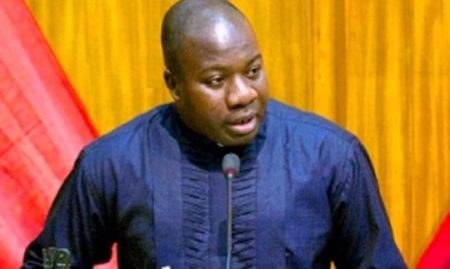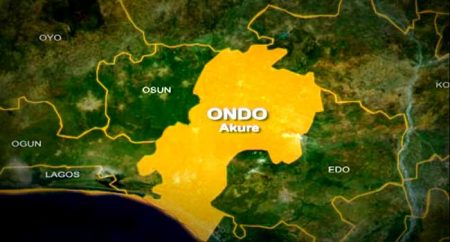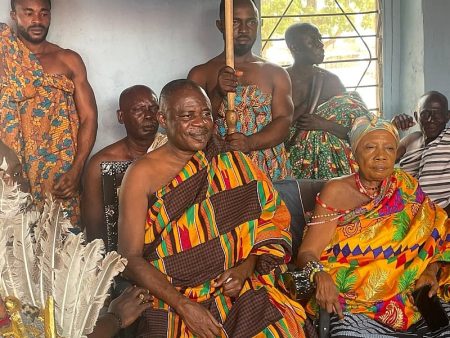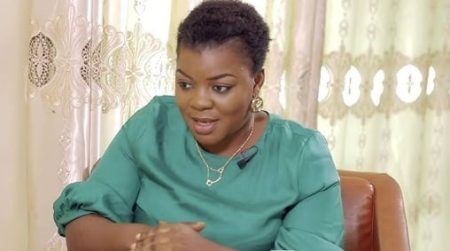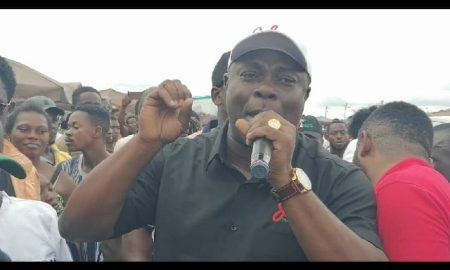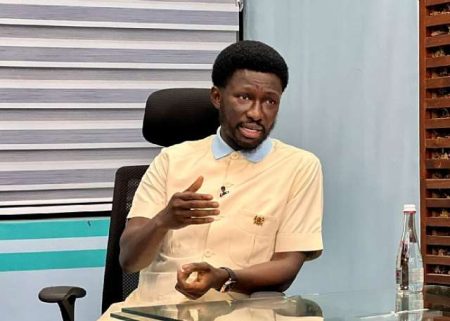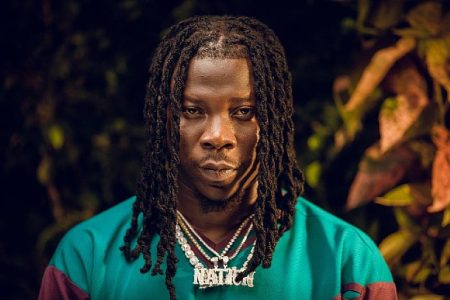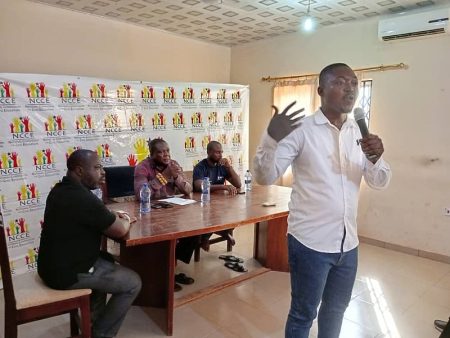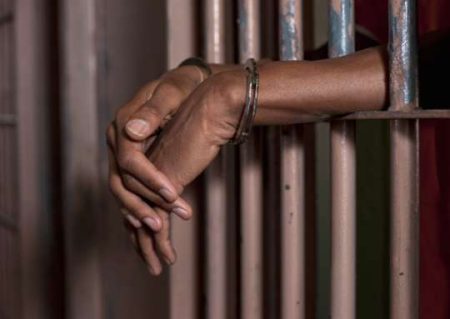As the 2024 presidential election approaches in Ghana, the political landscape has intensified, with Dr. Mahamudu Bawumia, the New Patriotic Party (NPP) candidate, taking a firm stance in his campaign. Dr. Bawumia has directed strong remarks at former President John Mahama, emphasizing that insults will not sway the outcome of the election. During a mini-rally in the Ahafo Region, he boldly stated, “They know they will lose the election, and that’s why they have resorted to insults.” This declaration not only showcases Dr. Bawumia’s confidence but also reflects an ongoing back-and-forth dynamic between the two political figures. Mahama’s provocative language and tactics seem to stem from a desperate attempt to maintain relevance and support as the election looms closer.
The exchange escalated following Mahama’s attempt to question Dr. Bawumia’s stewardship of the economy through five inquiries focusing on critical issues such as the exchange rate, national debt, inflation, and borrowing concerns with the Bank of Ghana. Dr. Bawumia responded with a comprehensive counter of 50 questions aimed at Mahama, which not only highlighted perceived shortcomings of Mahama’s administration but also served as a challenge for a public debate. This bold move emphasizes Bawumia’s willingness to confront issues directly, seeking to place Mahama on the defensive and push for transparency and accountability on both sides. He criticized Mahama for framing his inquiries as a way to sidestep a direct confrontation on policies and visions for the country’s future.
Dr. Bawumia, who has a background as an economist, utilized his platform to address deeper concerns regarding the economic management of the nation. His assertion that Mahama’s questions were not sufficient underscores his belief that Mahama is evading the real discussions surrounding economic performance and governance. Dr. Bawumia’s willingness to engage in a one-on-one debate signifies a demand for direct dialogue about their respective visions for Ghana, allowing the electorate to more thoroughly evaluate both candidates. He expressed disappointment that Mahama had not taken the opportunity to address these issues in a public forum, describing him as lacking the courage to face him in an open debate.
In the face of Bawumia’s challenge, Mahama has opted not to address the numerous questions posed by his rival. Instead, he continues to focus on criticisms aimed at Bawumia as a diversion from the substantive policy discussions. This avoidance suggests a strategic choice by Mahama, perhaps indicating a belief that engaging in a public debate could expose vulnerabilities within his campaign or past administration. Bawumia’s call for Mahama to “man up” and engage directly suggests he views the former president’s refusal to debate as an acknowledgment of weakness, asserting that a lack of engagement speaks volumes about Mahama’s confidence heading into the election.
The political rhetoric between Bawumia and Mahama reflects broader tensions within Ghanaian politics as each party strives to win support in a competitive electoral environment. The emphasis on economic management serves as a critical theme, as both candidates seek to demonstrate their capacity to navigate the current predicaments facing the country, including economic recovery and public welfare. Dr. Bawumia’s approach of expanding the debate with 50 questions indicates a strategic maneuvering to dominate the narrative around economic discourse, aiming to position himself as the more knowledgeable and capable candidate.
As the election date nears, the interplay between Dr. Bawumia and John Mahama will likely define the political landscape. With Bawumia pushing for a robust debate and Mahama opting for a campaign grounded in defending his past while launching personal attacks, the electorate must navigate a complex web of policy discussion and political rhetoric. How these exchanges unfold may significantly influence voter sentiment and ultimately determine the outcome of the presidential race, laying the groundwork for either the continued governance of the NPP under Bawumia or a potential resurgence of Mahama’s leadership.


